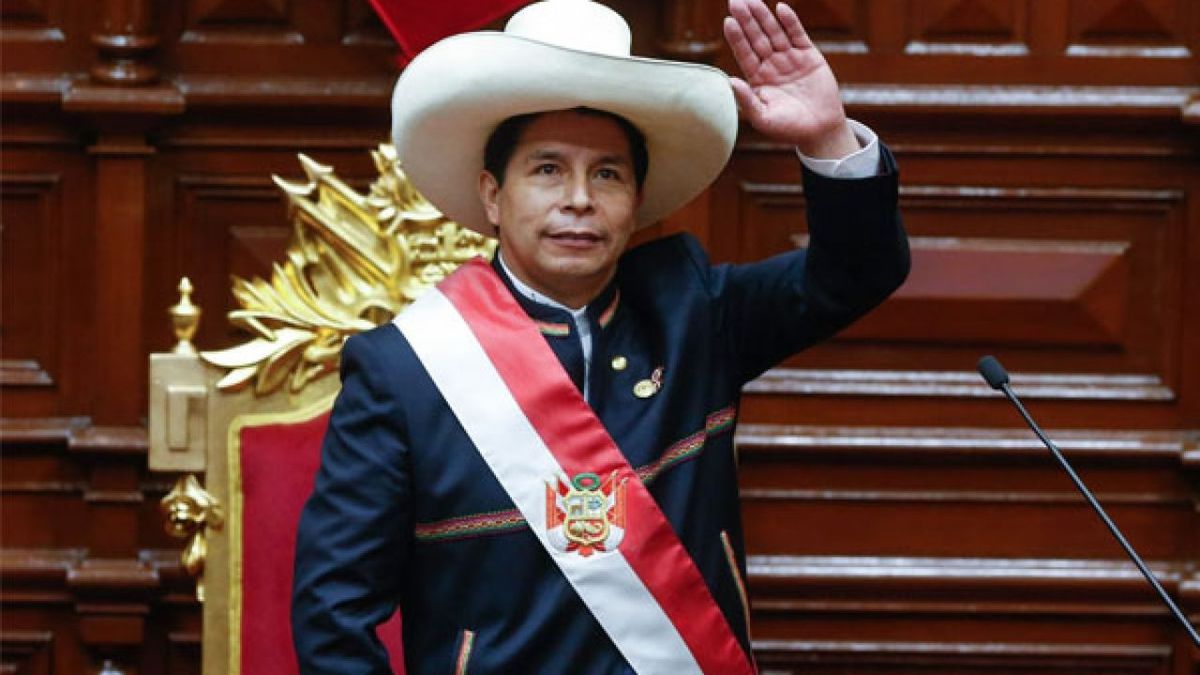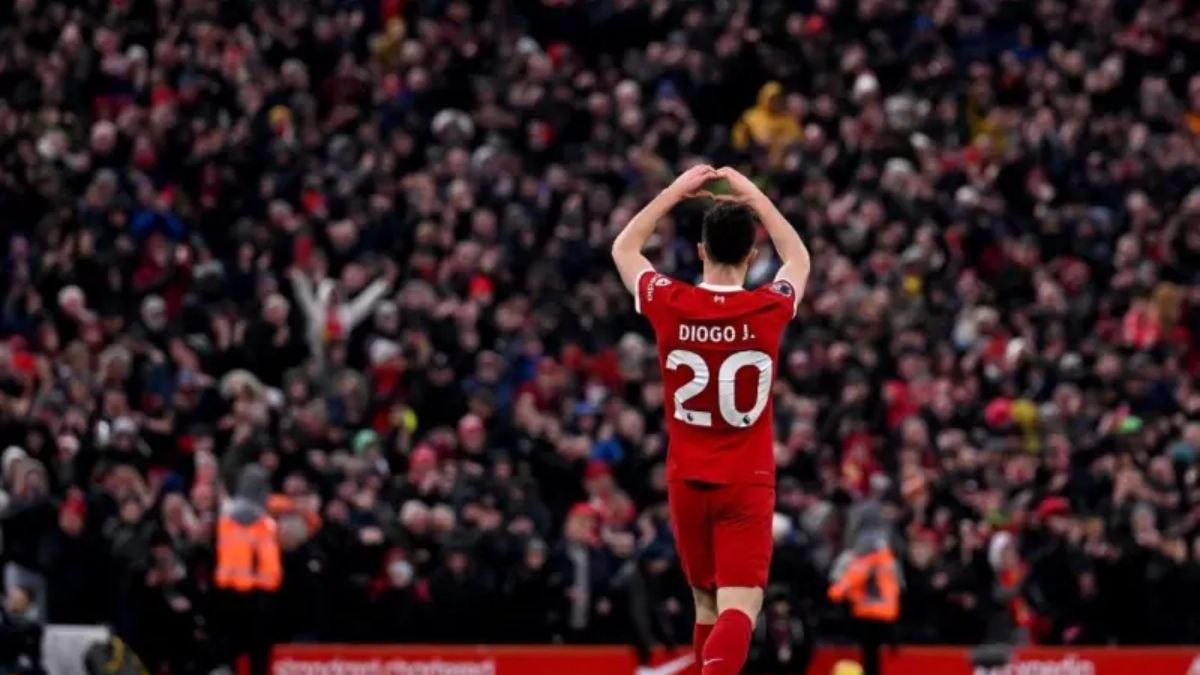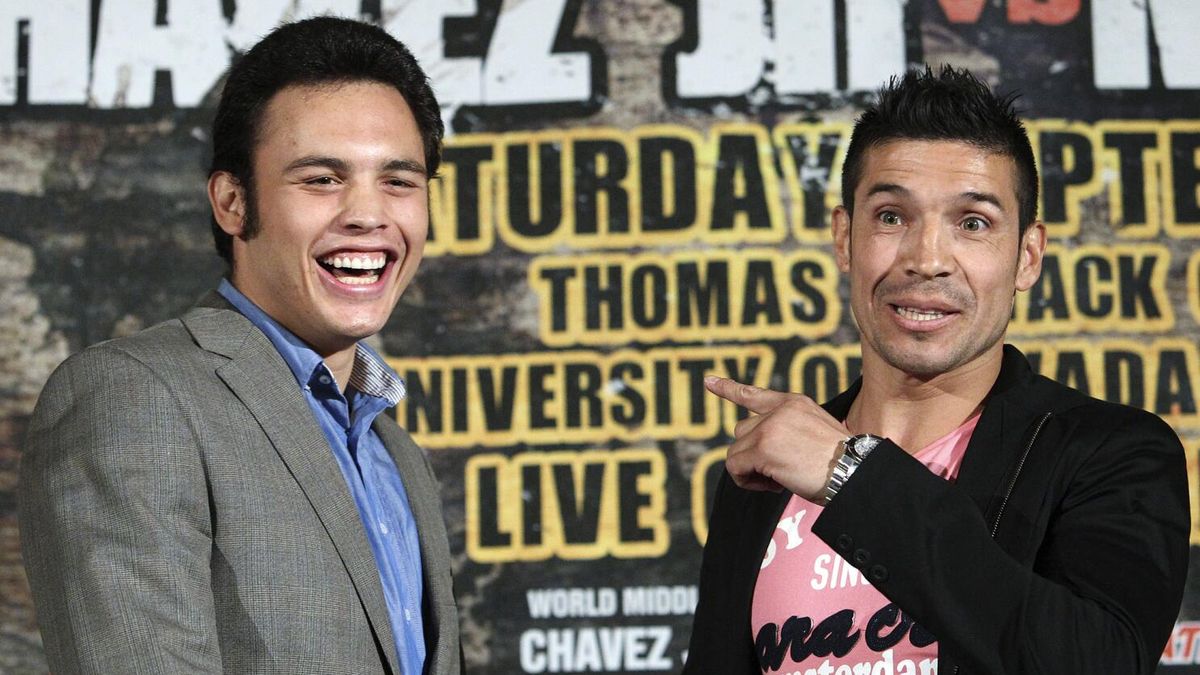Castillo appointed as the new president of the Council of Ministers Mirtha Vasquez, a 46-year-old lawyer and humanitarian activist who until the end of July presided over the unicameral Congress and belongs to the Wide Front and no, how Bellido, to the ruling party Free Peru (PL), although both forces are from the left.
The resignation of the president of the Council of Ministers automatically implies that of all cabinet ministers, but any of these may continue in office if the new prime minister so decides.
In fact, most of the ministers remain in the new cabinet, including Oscar Maúrtua (Foreign Relations), Pedro Francke (Economy and Finance), Juan Manuel Carrasco (Interior), Hernando Cevallos (Health), Aníbal Torres (Justice) and Iber Maraví (Work).
With the departure of Bellido and his replacement by a figure from another force, although related, Castillo seeks to calm the tension generated between the ruling party and the opposition in the little more than two months that the president has led the government.
One of the focuses of that conflict was, last week, the interpellation of Maraví, and the threats that flew over the session that the opposition would force his dismissal by means of a vote of no confidence or that the ruling party would try to stop him by raising a question of confidence.
The question of trust -which is about the cabinet and not about a particular minister- can be settled in two ways: Congress can grant it, which would mean an endorsement for the Executive, or deny it, which, paradoxically, would leave the Legislative in a situation of weakness since the head of state can dissolve parliament if he denies trust to two cabinets within the same term of government.
“Both the question of trust, interpellation and censorship should not be used to create political instability, Peru expects a lot from its authorities, it is time to put Peru above all ideology and isolated party position”, underlined Castillo in the brief message with which this afternoon he announced the departure of his prime minister.
Bellido is considered a representative of the toughest wing of PL, which Castillo joined last year to run for the Presidency, after serving 12 years in the centrist Peru Posible party of former President Alejandro Toledo, and gaining notoriety as a union leader. of teachers.
PL, Marxist in orientation, supports radical ideas on some issues, such as the role of the state and state control of the economy, and other more conservative ones, especially in terms of individual rights and the diversity agenda.
The leader of PL is Vladimir Cerrón, who was suspended as governor of the Junín department for a case of corruption and for that reason was disqualified from accompanying Castillo as a candidate for second vice president of the republic.
Once Castillo won the ballot, on June 6, differences between Cerrón and the president-elect were made public, who moderated campaign promises and assured that he would respect the Constitution and private property, and even said that to the PL chief ” They will not see him even as a doorman in any of the State institutions. “
However, and against the forecasts that predicted a greater participation of figures outside of PL in his initial team, Castillo began his government with Bellido, one of the leaders closest to Cerrón, as prime minister and Waldemar Cerrón, Vladimir’s brother, as head of the ruling party – which is the largest, although far from the majority, even with allies – in Congress.
The differences did not take long to emerge and Bellido himself listed them this afternoon, at a press conference, after his resignation was made public.
“We do not know what the causes are; today the president requested that I present the letter of resignation and I immediately complied with that request,” said the outgoing official.
“Our people are a witness that above the Executive there are forces and factual powers that pressure, denounce and persecute, and even if they change the president, these forces are perpetual,” he added.
Bellido was criticized by the opposition – and by several government allies – from the day of his appointment.
Past statements charged with misogyny and homophobia were questioned, his strong support for Vladimir Cerrón in the midst of his processes for alleged corruption and his clashes with other members of the cabinet for his positions considered more moderate, for example, on the issue of ties with the government of Venezuela.
This afternoon, Castillo returned to defend private property, after Bellido promoted a renegotiation of the distribution of Camisea’s profits under threat of nationalizing the operation if an agreement was not reached.
“We ratify Peru’s commitment to private investment, highlighting the need for it to operate without corruption and with social responsibility, prioritizing national productive diversification,” said the president.
Bellido’s departure from the cabinet was welcomed by the majority of the parliamentary benches and by the president of the Congress, María del Carmen Alva -of the centrist Popular Action party-, who believed that the replacement occurred “after several days of unnecessary uncertainty” and assured that the parliament “has the best disposition for dialogue and governance.”
On the other hand, Cerrón warned that the change of cabinet should “exclude rightists, Cavians (as moderate leftists are called in Peru) and traitors”, and argued that “it is time for PL to demand its share of power, guaranteeing its real presence or the bench take a firm position “.
Minutes before the swearing in of the new cabinet, the PL congressional bloc – which had met urgently to analyze the situation – released a statement in which it “demands” Castillo “party representation in the new cabinet.” and it reproduced verbatim part of the statements of Cerrón and Bellido.
The note stated that “dark forces that have become the de facto powers are resisting leaving power and want to extinguish every glimmer of change, a cry of protest and rebellion that means questioning and denouncing the mafias engaged in acts of corruption, such as Camisea gas and others “.
“We fully agree that the change of cabinet must exclude rightists, Cavians and traitors, in order to follow a correct party direction in search of the consolidation of the proposal for social change as proposed by the PL party,” he stressed.
He added that “the electoral allies have taken control and direction of many ministerial portfolios to develop their own political projects,” for which he urged the Executive “not to deviate from the original government project.”
David William is a talented author who has made a name for himself in the world of writing. He is a professional author who writes on a wide range of topics, from general interest to opinion news. David is currently working as a writer at 24 hours worlds where he brings his unique perspective and in-depth research to his articles, making them both informative and engaging.




